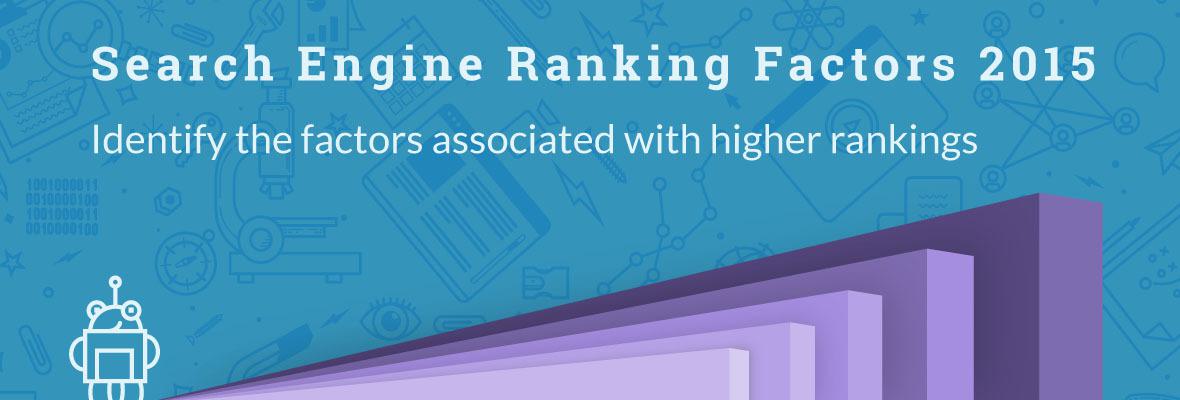
Advanced SEO
What do you do after you've mastered Moz's SEO starter guide? The answer may be Advanced SEO.
Advanced SEO is simply any set of SEO techniques that require some degree of expert knowledge. It varies from person to person, but let's just say you probably won't master these in your first few months.
Advanced SEO typically involves technical concepts that are somewhat advanced, and/or a deeper understanding of the workings of Google's algorithm and are often employed by Professional SEOs. Anyone can master advanced concepts with the right strategic guidance and real life application.
Here, we've listed some of our favorite resources on advanced SEO, and you'll find the most recent blog posts below.
Professional’s Guide to SEO : Professional SEO strategy all in one place, with chapters written by SEO experts, including Pete Meyers and Tom Capper.
Advanced SEO Strategy : Your SEO is only as good as the strategy you've set. Learn how to craft a next-level SEO strategy that will work for your business and goals.
Working in SEO : What does it mean to work in SEO? Learn more about the skills you need to advance your SEO career with this final chapter of the Professional’s Guide to SEO.
20 SEOs Share Their Key Takeaways From the Google API Leaks : Discover expert insights from the recent Google API documentation leak with actionable strategies to help you become a better SEO strategist.


Google’s Direct Answers: How to Keep Visitors Coming to Your Site
Have you considered how to make Google's Direct Answers Box work for your website? It begins with a few simple tweaks.
5 Actionable Analytics Reports for Internal Site Search
By mining your internal site search data, you can likely uncover some nuggets that'll greatly improve your website's user experience and conversions.
Big Data, Big Problems: 4 Major Link Indexes Compared
Size isn't all that matters when it comes to measuring links, how proportional the whole link graph is to Google's is essential. So, how good is your data?
Can You Rank in Google Without Links? New Data Says Slim Chance
For years, we've heard the drumbeat that marketers should stop focusing on links. While it's certainly true that marketers should avoid manipulative link building, the popular narrative would have us believe that external links aren't important in Google's ranking algorithms, and that link building can be safely ignored. Is there any truth to this? Does data support the notion that you can successfully rank in Google search results without links?
Study: 300 Google Sitelinks Search Boxes - Triggers and Trip-Ups Analyzed
This recent study unravels some of the mystery behind the sitelinks searchbox and shines a light on some areas website owners can exploit for possible success.
Eliminate Duplicate Content in Faceted Navigation with Ajax/JSON/JQuery
Page tags like rel=canonical and noindex are powerful, but each has limitations. In some cases, Ajax-based solutions are a better solution.
How to Get Hands-On with Web Data for SEO
The Web is a vast trove of date, much of it simply waiting to be explored and used to benefit your brand. It's far simpler than you think.
The Long Click and the Quality of Search Success
A recent patent filing from Google offers hints about the long click, and in this post Bill Slawski helps decode the legalese.
Inverse Document Frequency and the Importance of Uniqueness
Can learning about Inverse Document Frequency teach us to create better content? It can, and this article explains how.
I Can't Drive 155: Meta Descriptions in 2015
For years, we've suggested a 155-character limit to meta descriptions. As long snippets appear more and more often, is it time to revise that rule?


